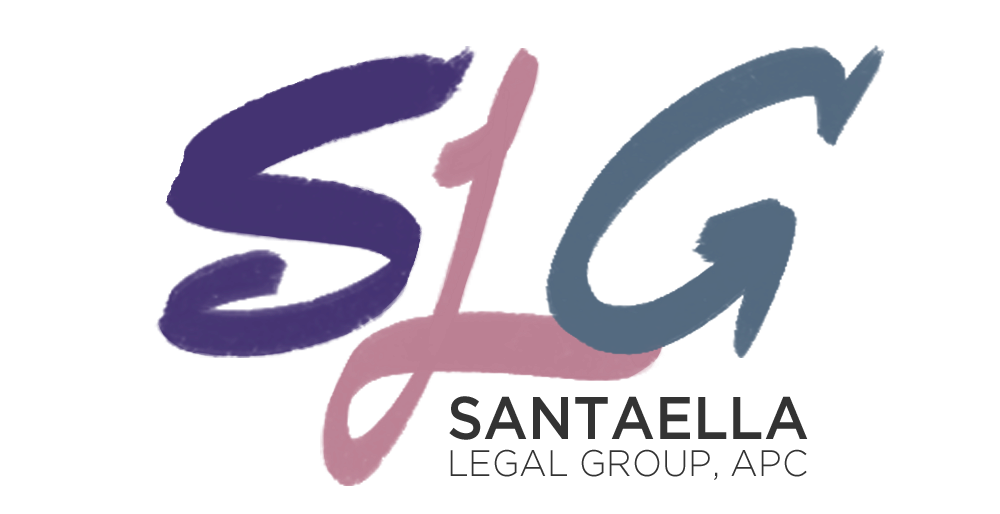Individuals who will be eligible for the CalABLE program have even more reason to look forward to its launch later this year following the passage of CA Senate Bill 218 last October. Signed in 2014 by President Obama, the ABLE Act (“Achieving a Better Life Experience”) created a new tool for those with disabilities or special needs to save and plan for the future. The California ABLE Act, signed by Governor Brown in 2015, initiated the CalABLE program to administer the federal law within the state.
The way the system is set up today, those with disabilities cannot save more than $2,000 and qualify for public benefits. However, under the CalABLE program, they will be entitled to a special account with a maximum value of $100,000 and a $15,000 annual cap on contributions. The accounts will also be tax-advantaged, exempt from both state and federal taxes so long as they are spent for qualified expenses. However, the best part of the program will be that money in the ABLE accounts won’t be considered when determining an individual’s eligibility for public benefits based on disability.
The CalABLE program is expected to start in the spring of 2018.
The caveat of these accounts, under the original federal law, was that they were also “Medi-Cal Payback” accounts. That is, a provision in the account required all subsequent Medi-Cal payments made on behalf of the beneficiary after the establishment of the ABLE account to be reimbursed to the state from the account following the beneficiary’s death. With a $100,000 limit, the entirety of the account could have been reclaimed by the state under the payback provision. This consequentially would have required careful planning by the Medi-Cal beneficiary to ensure as little savings were at risk while at the same time ensuring the accounts were sufficient in providing a “better life experience”.
California Senate Bill 218 directly addressed this problem by essentially revoking the “payback provision” of the accounts; prohibiting the state from seeking recovery for Medicaid payments. Furthermore, it allowed the funds in a beneficiary’s ABLE account to be transferred to a designated ABLE account of an eligible individual upon the death of the beneficiary. While SB 218 will make ABLE accounts less menacing, it will still be incumbent to seek professional counsel when determining whether ABLE accounts will be appropriate for the beneficiary and their needs and how they should be structured.
If you need further information about Special Needs Planning contact the law firm of Santaella Legal Group, APC serving San Ramon, Danville, Dublin and Pleasanton.

